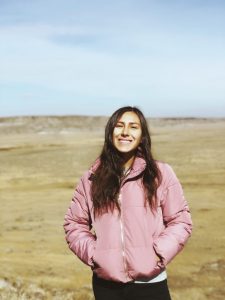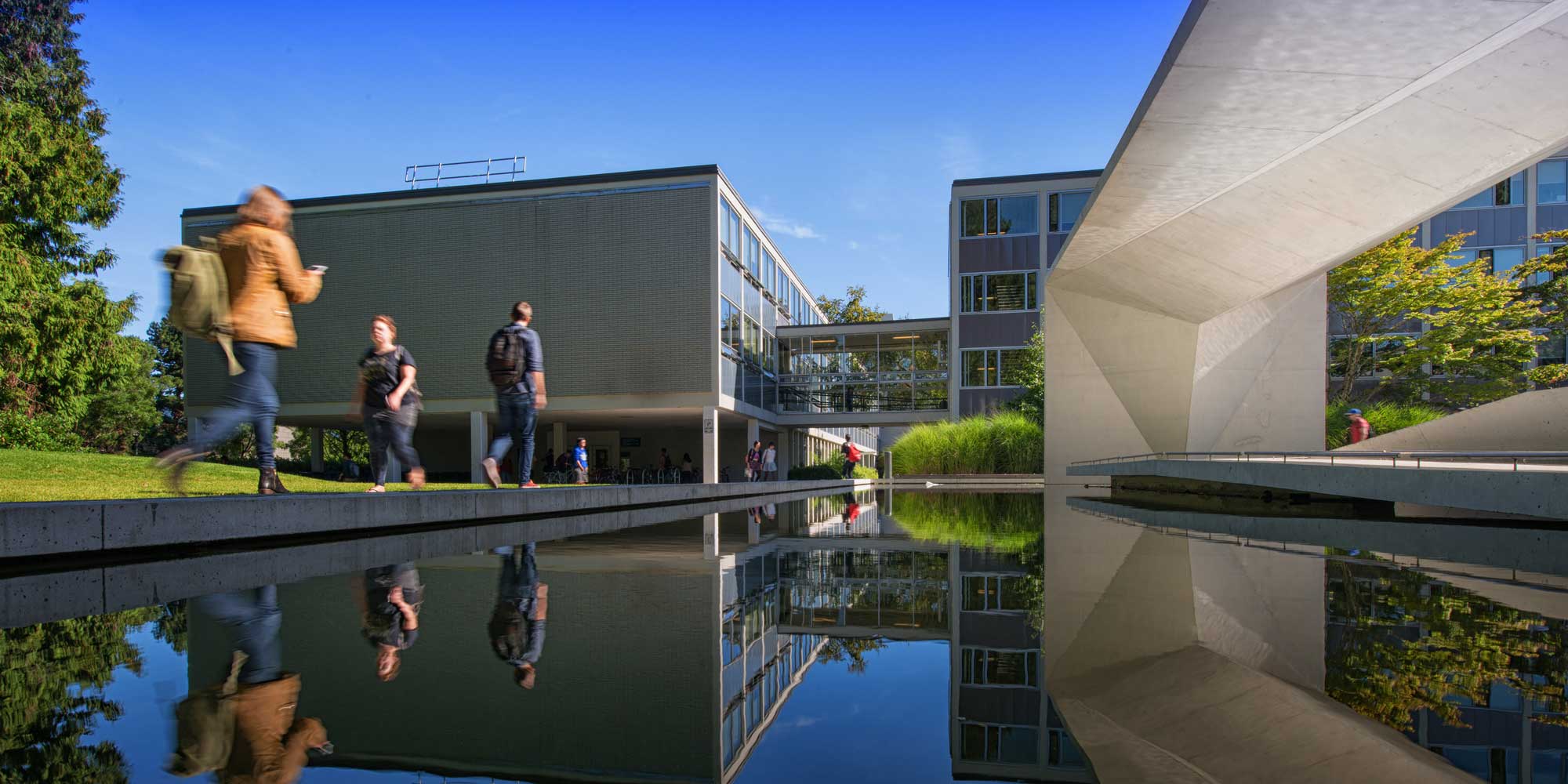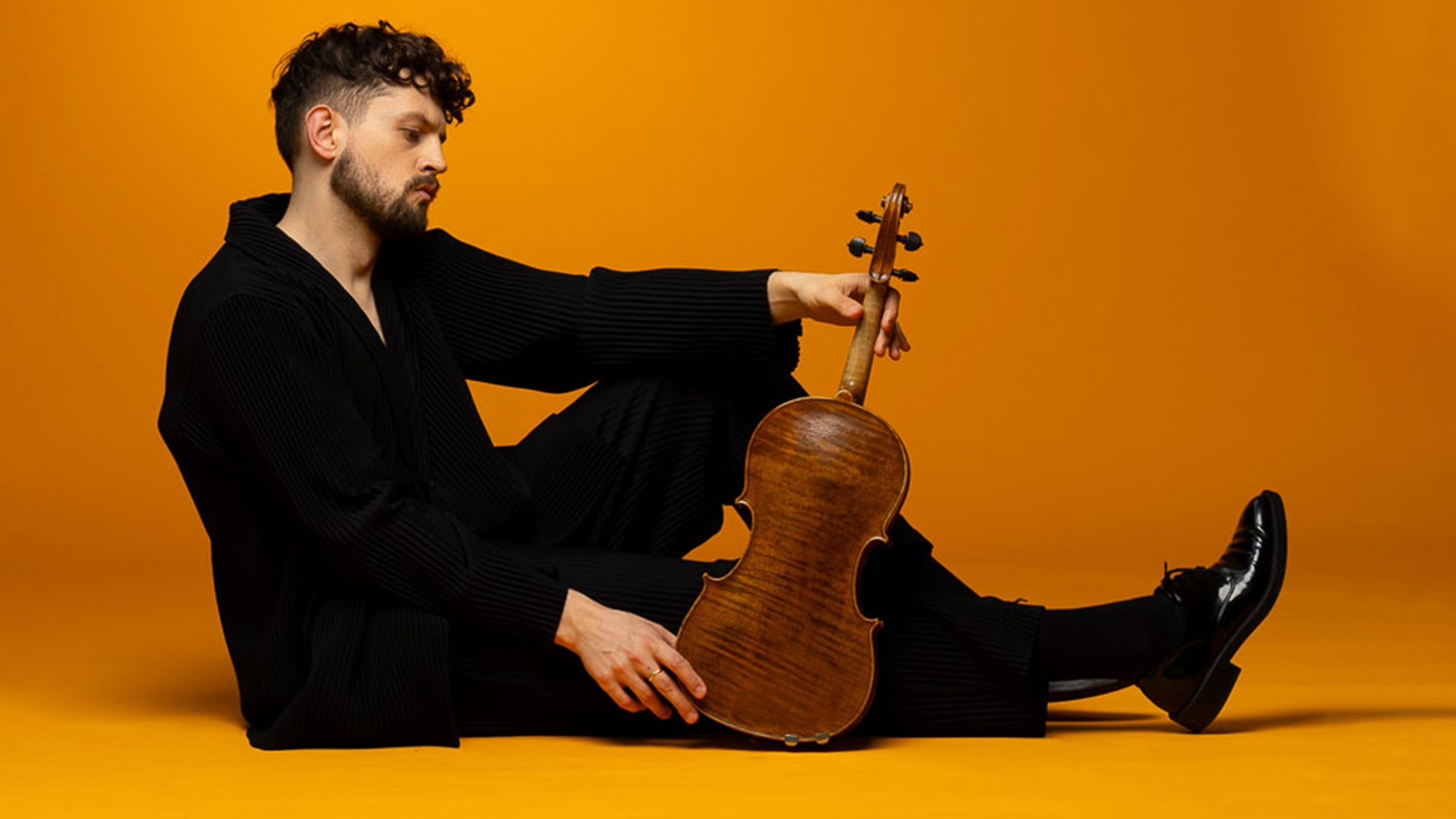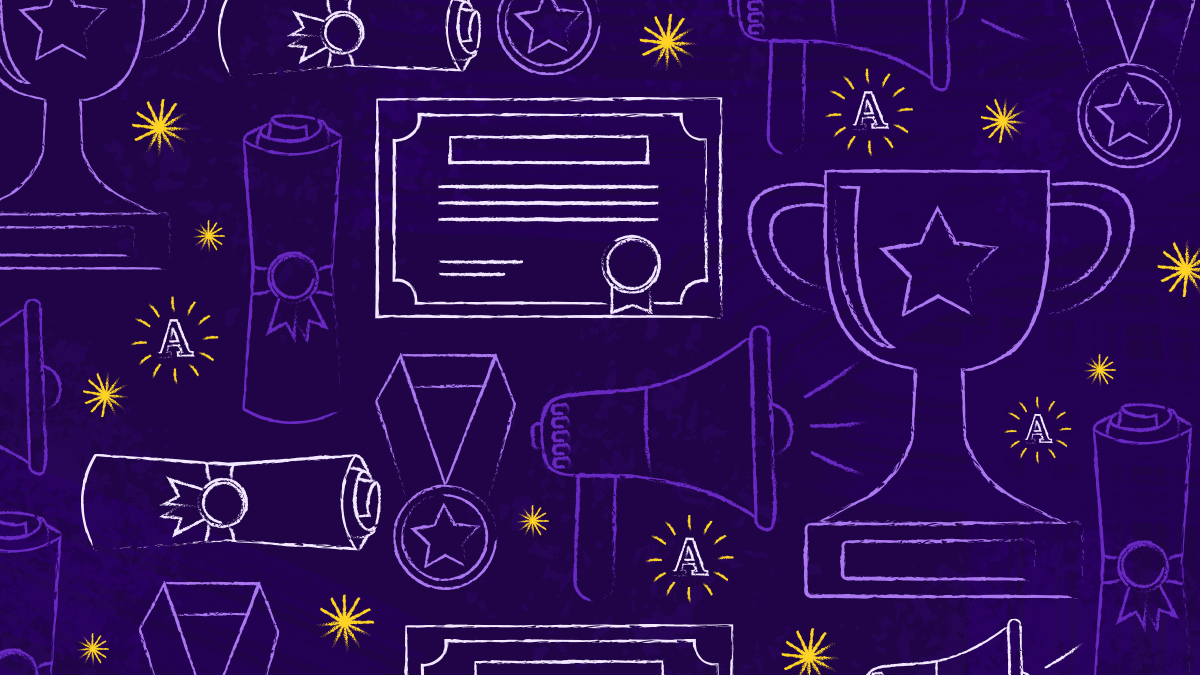Memegwans Johnson-Owl is from Anishnaabe-kwe from Sagamok Anishnawbek and Cree from Montreal Lake First Nation, and grew up in Regina Saskatchewan. She is currently working on a Bachelor of Arts majoring in First Nation Indigenous Studies with a minor in Political Science.

Last summer you worked with the Alberta’s Future Leaders Program (AFL), can you tell us more about this program and how you came across this opportunity?
The Alberta’s Future Leaders Program (AFL) works alongside northern Indigenous communities in Alberta to provide multi-summer youth programming. I was placed in Gift Lake Metis Settlement where myself and another mentor lived for the full summer. Together we worked to facilitate sport, art, recreation and leadership opportunities to engage and empower the youth from Gift Lake. I first heard about AFL in my first year of university after coming across the job posting on the UBC Careers website, however, it was not until my third year that I felt I was ready for the position and applied to be a mentor.
What was your best experience or an important teaching that you learned from being a mentor for AFL?
It would be impossible to have one best moment from my experience working in Gift Lake, but some of my best memories come from the trips we took with youth such as going rafting or to Edmonton for AFL’s Arts Week. By the end of the summer, Gift Lake felt more like home, and youth would come to visit myself and the other mentor at our residence almost every day just to say hi or ask what we had planned for the week. One thing I learned about working with AFL was how important it was for youth in Indigenous communities to have Indigenous role models, I truly believe it makes all the difference to be able to envision yourself in such a position. Living in Gift Lake also opened my eyes further to the on-going issues and circumstances many Indigenous youth face when living in remote northern communities such as the limited mental health resources. Despite this, living in Gift Lake also showed me how beautiful a community can be.
You currently have a student position with UBC recruitment, can you tell us what motivated you to work on campus?
Following my position with AFL I knew I wanted to continue working with Indigenous youth in some way, so when I came across the Work/Learn position as an Aboriginal Ambassador I knew I had to apply. As an Aboriginal Ambassador I assist with the planning and implementation of events and programs for prospective Indigenous students during the academic year. Two of our biggest events are Experience UBC and Destination UBC, which are designed to provide Indigenous high school students with an experience of post-secondary life at UBC. More specifically, I help maintain documents of all students attending, help organize workshops and activities, and do some of the more behind the scenes work such as proposing catering budgets. I also provide mentorship for students transferring to UBC from Langara College and give tours of UBC for Indigenous groups including families, students, and communities.
UBC is a huge campus! A lot of students speak about the difficulties of finding an Indigenous community at UBC. Can you tell us about your journey of finding your Indigenous community on campus?
When I moved from Regina to Vancouver one of the first things, I noticed was the difference in demographics. I grew up surrounded by other Indigenous people, so it was quite a shock. My older sister was in her third year at UBC when I came, and she played a big part of helping me transition by taking me to the Longhouse lunches and helping me get involved with different volunteer opportunities. In my first year, I also switched programs by transferring out of Land and Food Systems and into Arts after taking my first FNIS class. Taking FNIS classes played a large role in giving me an Indigenous community on campus. They gave me a place where I felt connected, empowered and knew people would be able to understand my experiences as an Indigenous person. I’ve also made some really great friendships with people I have met in my FNIS classes.
You recently returned to your home community over the reading break, can you tell us what you did there?
Yes, I had actually not been back to my community in nearly 11 years so being able to go was an amazing experience despite it being a very short trip. I got to visit my Nookoomis (Grandmother) and Mishoomis (Grandfather) who are both incredible people. My Mishomis is very environmentally conscious and told me the history of environmental terrorism in our community such as the pollution of the river by the paper factory located upstream. I also got to see my aunties, uncles, and cousins who had obviously gotten a lot older, and it made me realize how much I had missed out on being away and growing up outside my community but despite all the time away I still felt at home. I’m hoping to go back again in the summer!
As an Indigenous student, how have you been able to bridge your Indigenous identity or cultural knowledge in your coursework?
The thing about being an Indigenous student is that you are always an Indigenous student. I consider it to be like carrying two backpacks, one as a student and one as an Indigenous person. Sometimes it can be very tiring because it feels like other students expect you to know everything about all Indigenous issues. In addition, when Indigenous topics come up in courses outside of FNIS I can feel a bit on edge as a result of some of the cultural in-sensitivities, colonial views, and limited knowledge. Thankfully though, most of my experiences have been good and UBC is working to educate and enlighten students about Indigenous people’s history and current issues. One way that I combat the limited Indigenous content in some of my other courses is to bring it in myself, for example I recently wrote a paper connecting Gandhi’s political philosophy to modern Indigenous acts of resistance. I enjoy and take pride in being able to bring some awareness of Indigenous issues to my classes. FNIS courses on the other hand, allow me to explore my own Indigenous identity and cultural knowledge more in depth. I recently took an Indigenous feminisms course with Professor Dory Nason which was both empowering and motivating.


